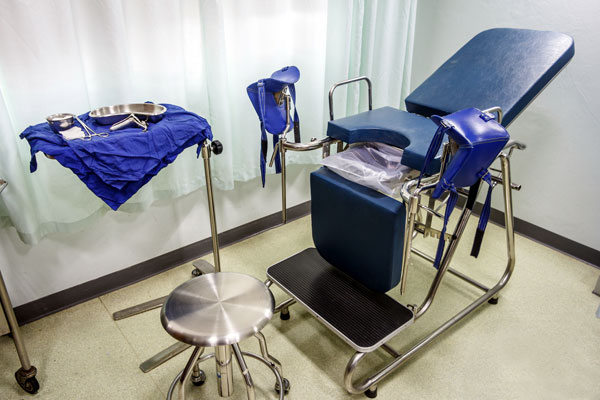- La Feria Community Holds Succesful Business Mixer Event
- Little Nashville to Take Place in Downtown Mercedes
- Lions Basketball Captures District Gold
- La Feria ISD Students Compete in Regional Chess Tournament
- Lions End First Half of 32-4A on a High Note
- La Feria ISD Held Another Successful Parent Conference
- Strong Appearance for Lions at Hidalgo Power Meet
- LFECHS Students Get to Meet Local Actress
- Students Participate in Marine Biology Camp
- Two LFECHS Students Qualify for All-State Band
Supreme Court Strikes Down Texas Law Restricting Abortion
- Updated: July 8, 2016
by Mark Richardson
AUSTIN, Texas – In a 5-3 ruling Monday, June 27th, the U.S. Supreme Court struck down key parts of a Texas law that severely restricted how abortion clinics could operate.
The ruling, which was hailed as a major milestone by pro-abortion groups, removed medical practice regulations on abortion clinics so restrictive that half of the clinics in the state have been forced to close their doors since the law was enacted in 2013.
According to Heather Busby, executive director of NARAL Pro-Choice Texas, the outcome was the result of a long, hard fight.
“This is a tremendous victory for the health and safety of not just people in Texas but across the nation,” Busby said. “We feel vindicated because we knew from the beginning this law was a complete sham, and the reasons they were trying to pass it were complete lies.”
The decision, written by Justice Stephen Breyer, found the Texas law placed an “undue burden” on women seeking an abortion. Justice Anthony Kennedy was the swing vote in the decision.

The U.S. Supreme Court has overturned parts of House Bill 2, a Texas law restricting abortion clinics. Photo: twilight/iStockphoto
Texas Lt. Gov. Dan Patrick, author of state House bill 2, issued a statement condemning the ruling and vowing to continue to fight for anti-abortion issues.
The law had required all clinics in Texas to meet the same standards as ambulatory surgical centers and required clinic doctors to have admitting privileges at nearby hospitals. Busby said the cost of complying with the regulations meant that many clinics had to close, forcing some women to drive hundreds of miles further – even to neighboring states or Mexico – to seek care.
“Right now, I’m standing in a clinic here in Austin that was forced to close and could potentially reopen,” Busby said. “But it’s not going to be an easy road to undo this damage.”
Legal experts believe the court’s ruling could jeopardize similar laws in other states, opening other restrictive regulations on abortion to legal challenges.


